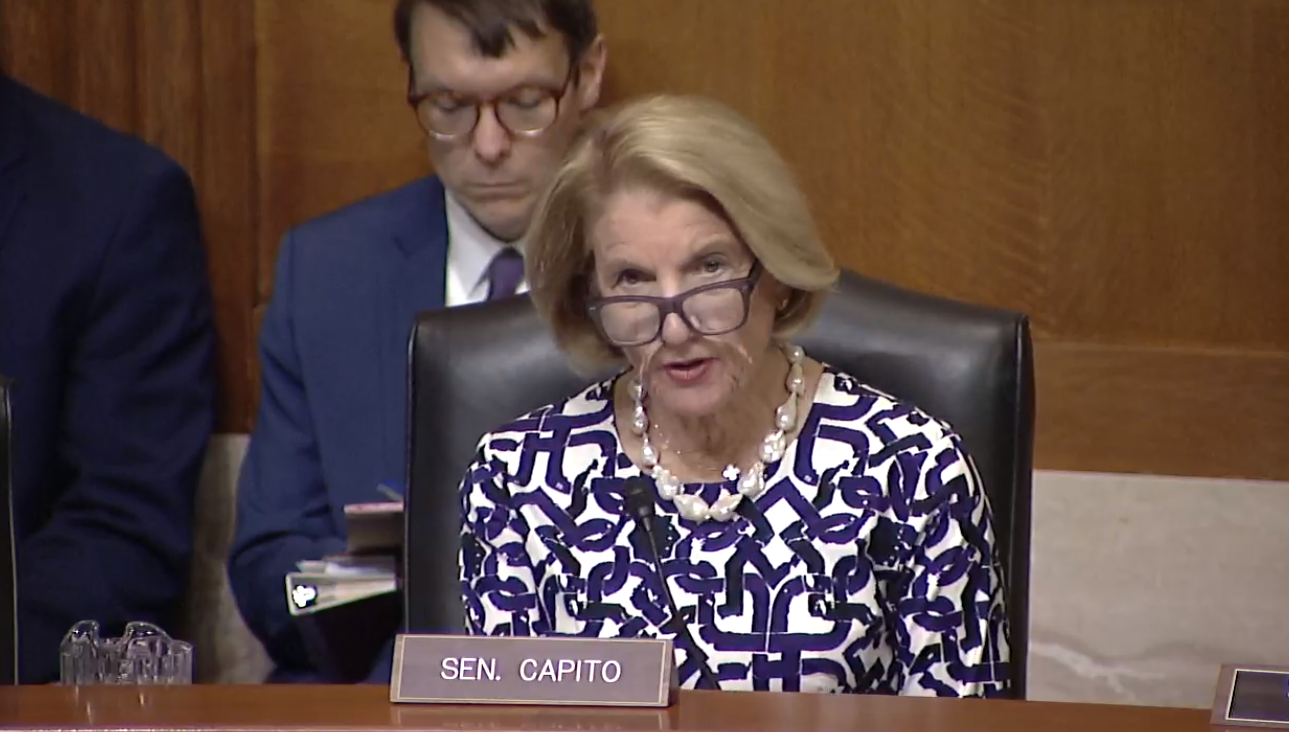
Sen. Shelley Capito (R-W.Va.) on Friday urged Congress to pass her package of nuclear energy reforms, which were stripped this week from a must-pass defense bill as competing House reforms advanced.
“If the United States wants to get serious about our long-term…